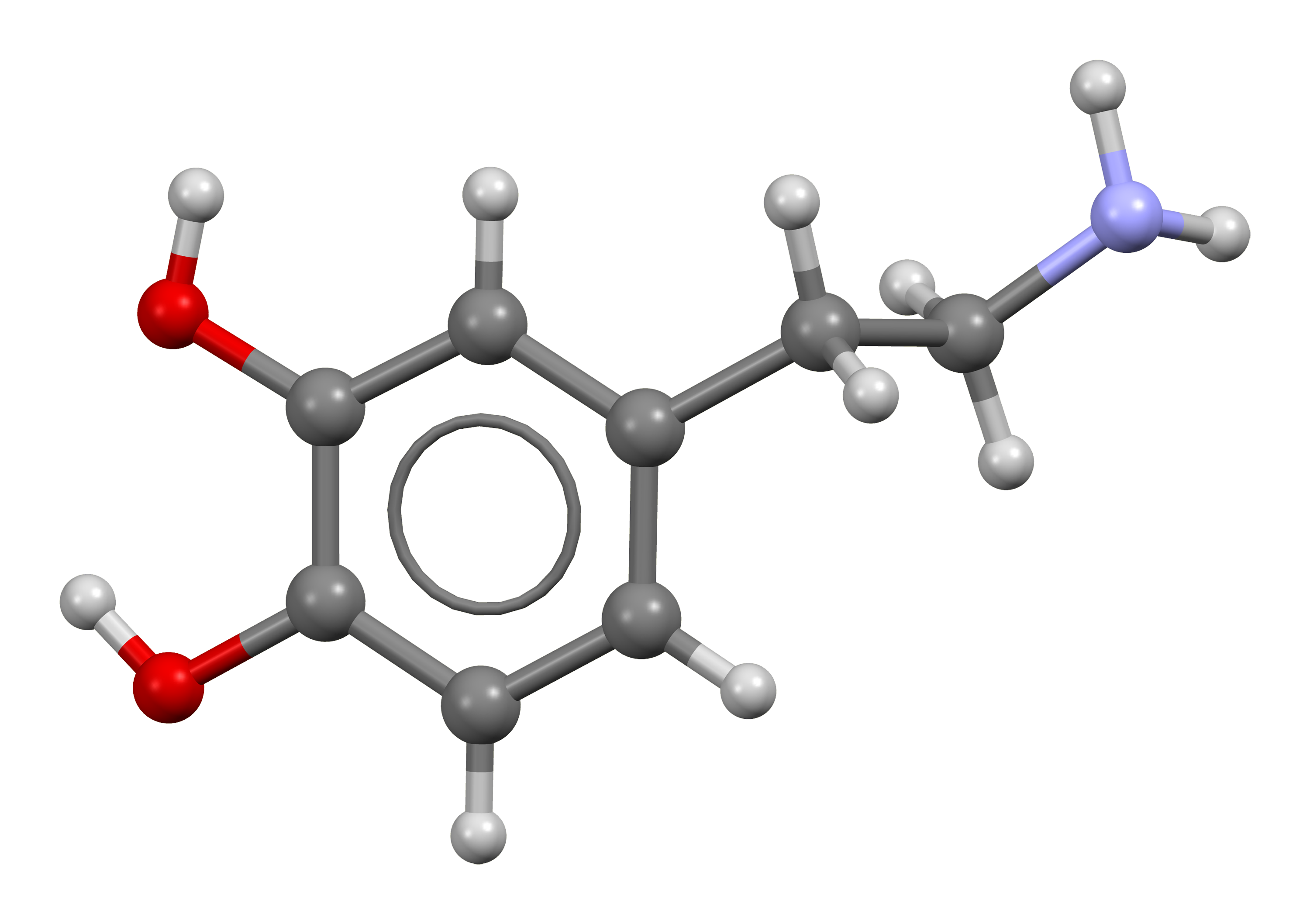Introduction to Dopamine
- Introduction to Neurotransmitters
- The Role of Dopamine
- The Role of Serotonin
- Interplay of Dopamine and Serotonin
- Competing Actions
- Collaborative Actions
- Conflicting Actions on Same Behaviors
- Complexity in Neuronal Combinations
- The Impacts of Therapeutic Drugs on Dopamine and Serotonin
- Dopamine, Serotonin and Mental Health
- Dopamine, Serotonin and Cognitive Functioning
- Settings, Synaptic Plasticity and Sensitization
- Prospects and Challenges in Dopamine & Serotonin Research
Interplay of Dopamine and Serotonin
Understanding the Dopamine-Serotonin Balance

Organic chemical that functions both as a hormone and a neurotransmitter.
The human brain is a complex organ, and its functioning relies heavily on a delicate balance of chemicals known as neurotransmitters. Two of the most important neurotransmitters are dopamine and serotonin. These chemicals play crucial roles in regulating mood, motivation, sleep, and more. Understanding the balance between dopamine and serotonin is essential for understanding many aspects of human behavior and mental health.
The Concept of Neurotransmitter Balance
Neurotransmitter balance refers to the optimal level and interaction of neurotransmitters in the brain. When neurotransmitters are in balance, the brain functions smoothly, leading to good mental health and optimal cognitive functioning. However, when this balance is disrupted, it can lead to a variety of mental health issues, including depression, anxiety, and attention deficit hyperactivity disorder (ADHD).
The Importance of Dopamine-Serotonin Balance
Dopamine and serotonin have different but complementary roles in the brain. Dopamine is often associated with feelings of pleasure and reward and plays a crucial role in our ability to focus, be motivated, and experience enjoyment. On the other hand, serotonin helps regulate mood, social behavior, appetite, digestion, sleep, and memory.
The balance between dopamine and serotonin is particularly important. For example, an excess of dopamine relative to serotonin can lead to feelings of agitation and restlessness, while an excess of serotonin can lead to feelings of contentment but also complacency.
Factors Affecting Dopamine-Serotonin Balance
Several factors can affect the balance of dopamine and serotonin in the brain. These include stress, diet, physical activity, exposure to light, and the use of certain medications. For example, consuming foods rich in tryptophan, an amino acid that the body converts into serotonin, can increase serotonin levels. Similarly, engaging in physical activity can boost both dopamine and serotonin levels.
Consequences of Imbalance
An imbalance between dopamine and serotonin can lead to a variety of mental health issues. For example, a deficiency in serotonin is often associated with depression, while a deficiency in dopamine is associated with Parkinson's disease. On the other hand, an excess of dopamine is associated with schizophrenia.
In conclusion, the balance between dopamine and serotonin is crucial for our mental health and well-being. Understanding this balance and the factors that can disrupt it is an important step towards understanding and treating a variety of mental health conditions.